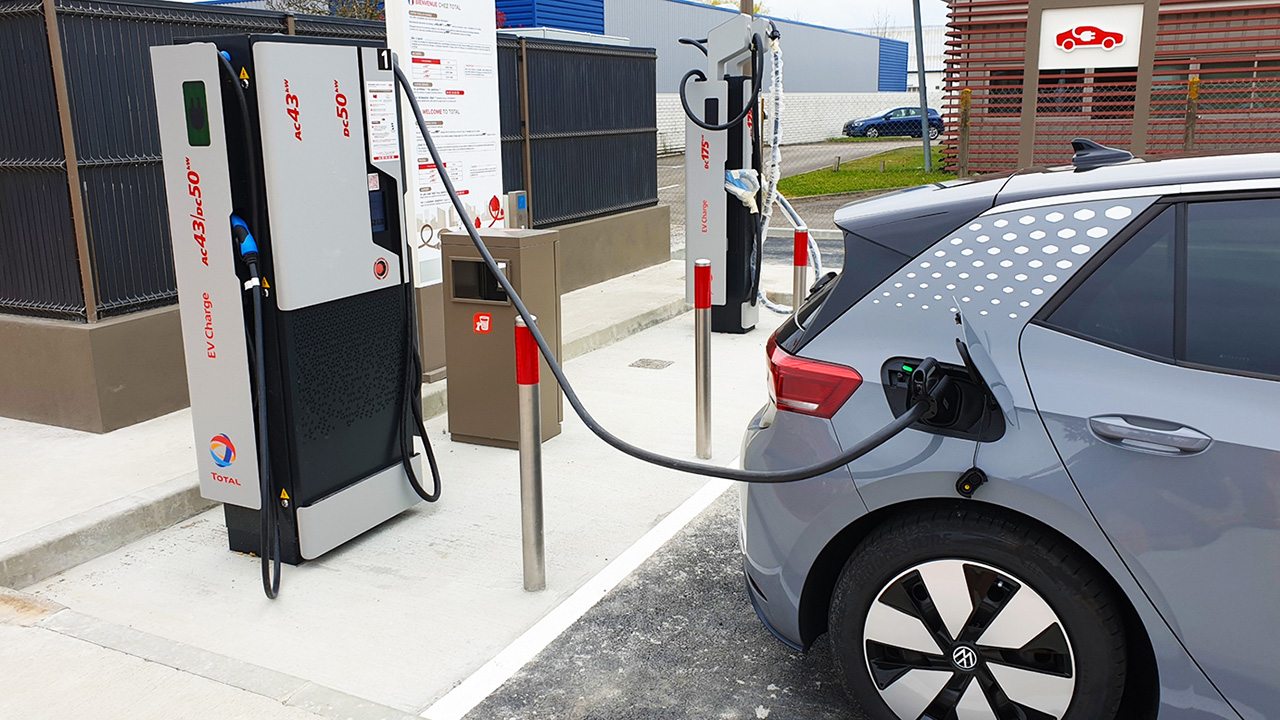The Transport and Tourism Committee adopted a draft negotiating mandate on the deployment of alternative fuels infrastructure by 36 votes to 2 and 6 abstentions on Monday evening. It aims to spur the deployment of recharging or alternative refuelling stations (such as electric or hydrogen) for cars, trucks, trains and planes and support the uptake of sustainable vehicles.
According to the adopted text, electric charging pools for cars would have to be deployed at least every 60 km along main EU roads by 2026. For trucks and buses, the same requirements would apply by 2026, but only on core Trans-European Transport Network (TEN-T)
MEPs also want charging stations for trucks in a safe and secure parking place to be deployed more quickly: two charging stations from 2028 instead of one from 2031 as proposed by the Commission. In all cases, some deployment exemptions would apply to outermost regions, islands and roads with very little traffic.
MEPs also suggest setting up more hydrogen refuelling stations along main EU roads compared to the Commission proposal (every 100 km as opposed to every 150 km) and to do it faster (by 2028 as opposed to by 2031).
It is also important that users of alternative fuel vehicles should be able to pay easily, the price should be displayed per kWh or per kg, be affordable, comparable and accessible to all vehicle brands. In other words, it will be possible to pay for the electricity or hydrogen you receive by ordinary means, such as debit or credit cards, without additional applications.
The vote in favor by the Transportation Committee does not yet mean that this plan will actually happen. Soon, probably within two weeks, there will be a plenary vote in the European Parliament. Once Parliament as a whole has approved this draft negotiating position at the plenary session, MEPs will be ready to start talks with EU governments on the final shape of the legislation.
Source: European Parliament

